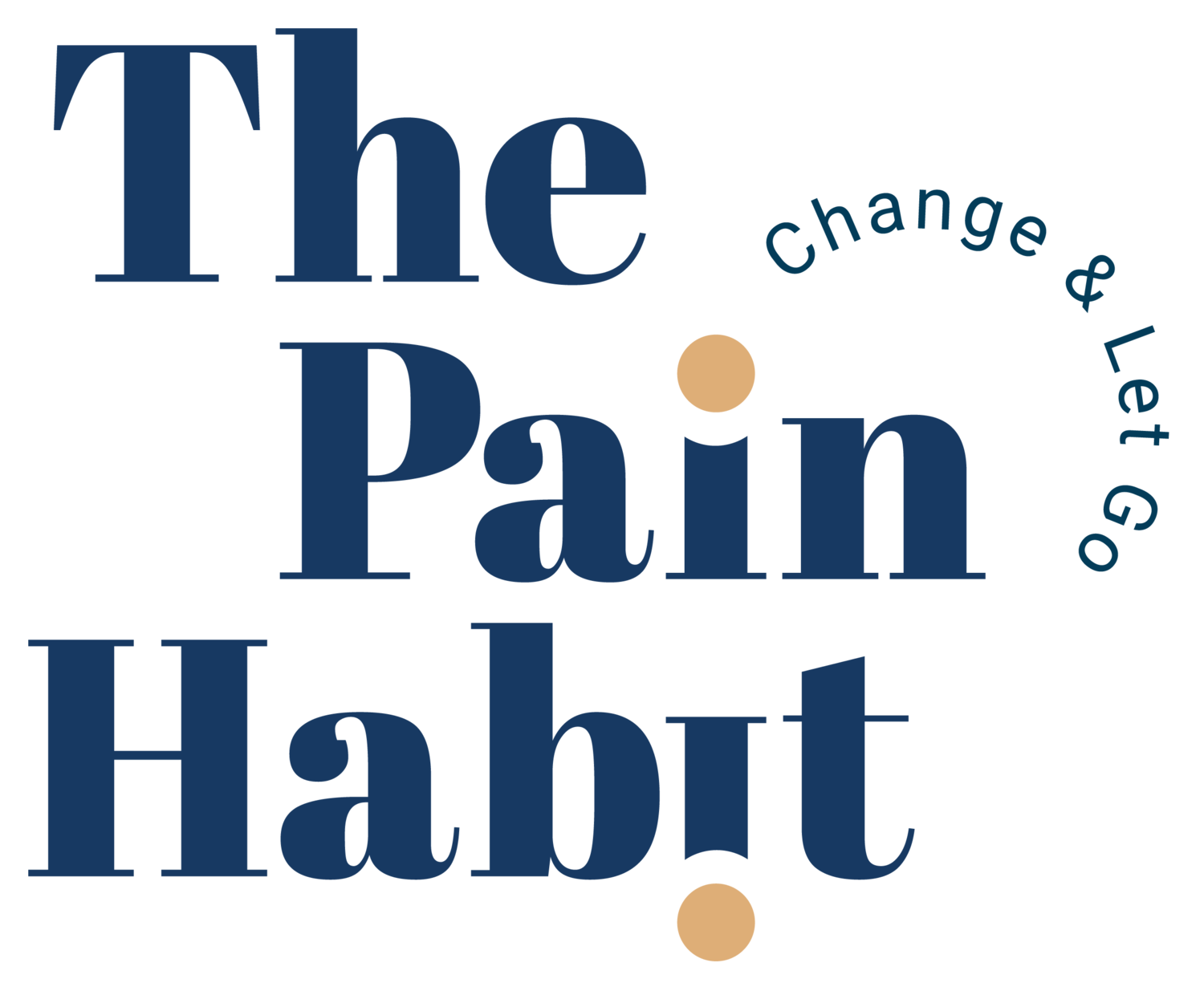Pain With No Injury?
Massive Pain
It's fascinating to hear stories of patients who describe massive pain without any physical injury or event. The pain is real, and it's as painful as if something traumatic has happened, but they should be telling you a different story for this much pain to come from nothing.
They should be saying ‘I fell down the stairs’, ‘I had a car crash’, or ‘I did something traumatic’
Quite often, there isn't a physical event of that magnitude to warrant that amount of pain.
I Just Woke Up With It
So they’ve got so much pain, and yet actually, they're just saying I woke up with it.
It just came on, and with that, there's often a desire to find a belief that fits that. That’s where the cultural beliefs of ‘I slipped my disc’ ‘I trapped a nerve’ ‘I pulled a muscle’ or something that maybe fits that level of pain.
It doesn't stack up because you'd have to have trauma to cause some of those physical injuries described in that way. Some of these things don't even exist. They’re just beliefs as to why they could be that bad.
Tipping Point
If there hasn't been that much trauma, but there's lots of physical pain, there's a good chance that there's a tipping point been reached for that person. The physical tipping point, an emotional tip in mind a psychological tipping point.
Something that's happened that's brought them to the point where the system goes into shut down. It triggers the pain to do it.
If somebody has pushed themselves too hard at work, push themselves too hard in an emotional situation, or if they're psychologically overloaded, or if their stress response is just driven to failure, then the system cannot allow you to stay in that state.
Shutdown
It simply measures the amount of cortisol and adrenaline in the system. There’ll be a point at which it shuts the person down and without physical trauma. When the event happens so fast, the person can do anything about it. They would recall that event.
But when there is no event, and then there's a massive pain, the threshold has been reached.
There’ll be many warnings before it, but because the person's focused on doing what they want to do. Because they feel they have to or they're stuck in that situation, they feel obliged to, or love doing, or it's their down button.
Stress + Stress
If you're using a high level of stress down button to get away from a high level of stress, then the system's just going upwards, and once you hit that threshold of overload, the brain can trigger pain.
It’s a dangerous mechanism.
It’ll trigger physical pain in the context that switches the person out of the activity they do or are doing. They will feel that experience, so when there's been no physical trauma, and it is huge, that's another cue that your brain's used using pain to protect you.
Realisation Is Key
The more you get the idea that the brain drives pain and the more they get the idea it's your body telling you that it wants you to stop or slow down or take you out of a situation, the less fear you have about that pain itself you still got to do the physical things to look after that area of your body once the feed drops it's uh it's an in a much easier process to then reverse that pattern of behavior that creates that pain
What’s next?
Take Your First Step to Recovery.
Join our FREE private Facebook group, The Pain Habit Community, to see how others have successfully returned to a pain-free life. Get support on your journey.
Sign up for The Pain Habit Blog below.
Subscribe to The Pain Habit YouTube channel.
Buy The Pain Habit book. Order here.



